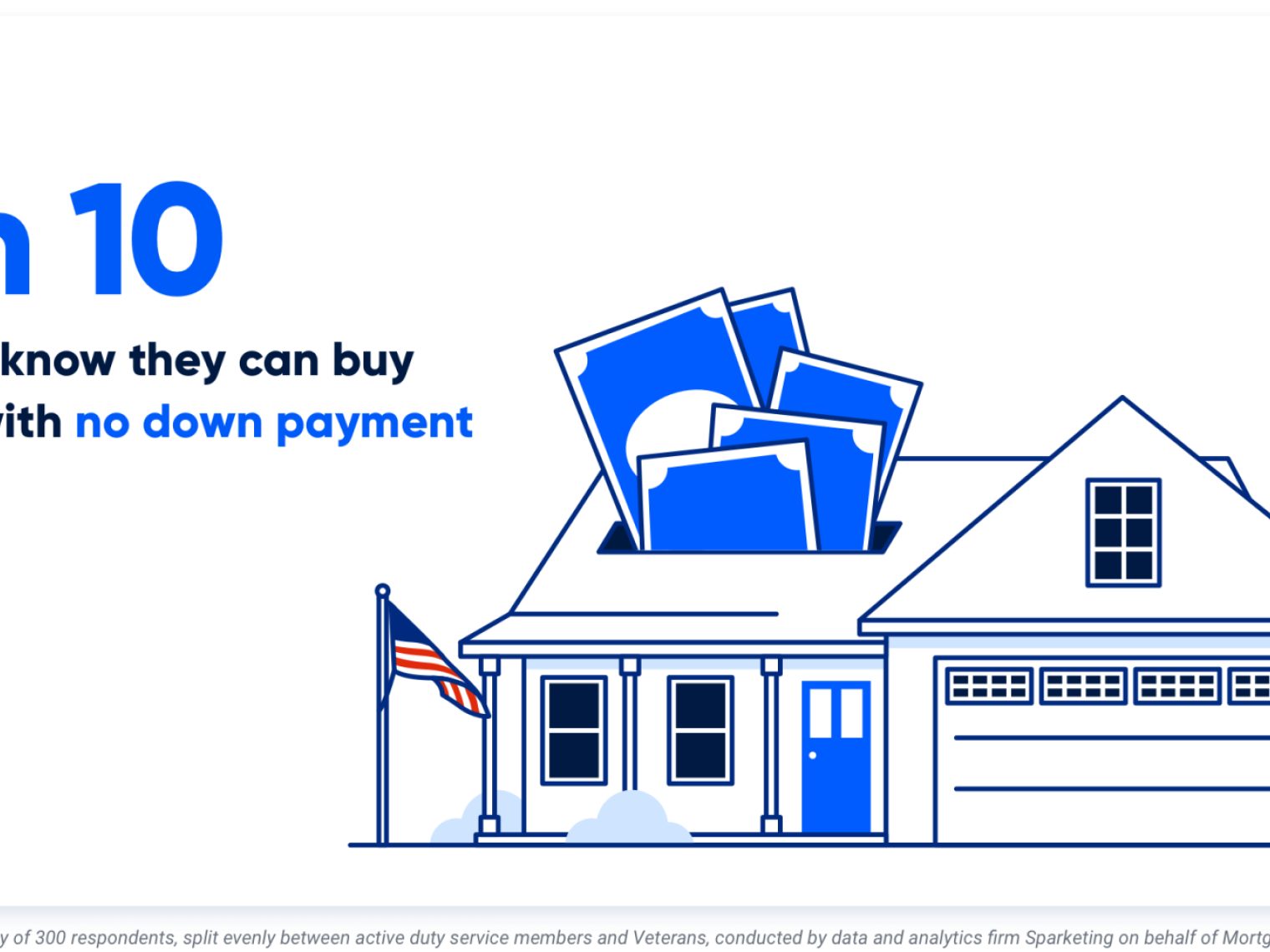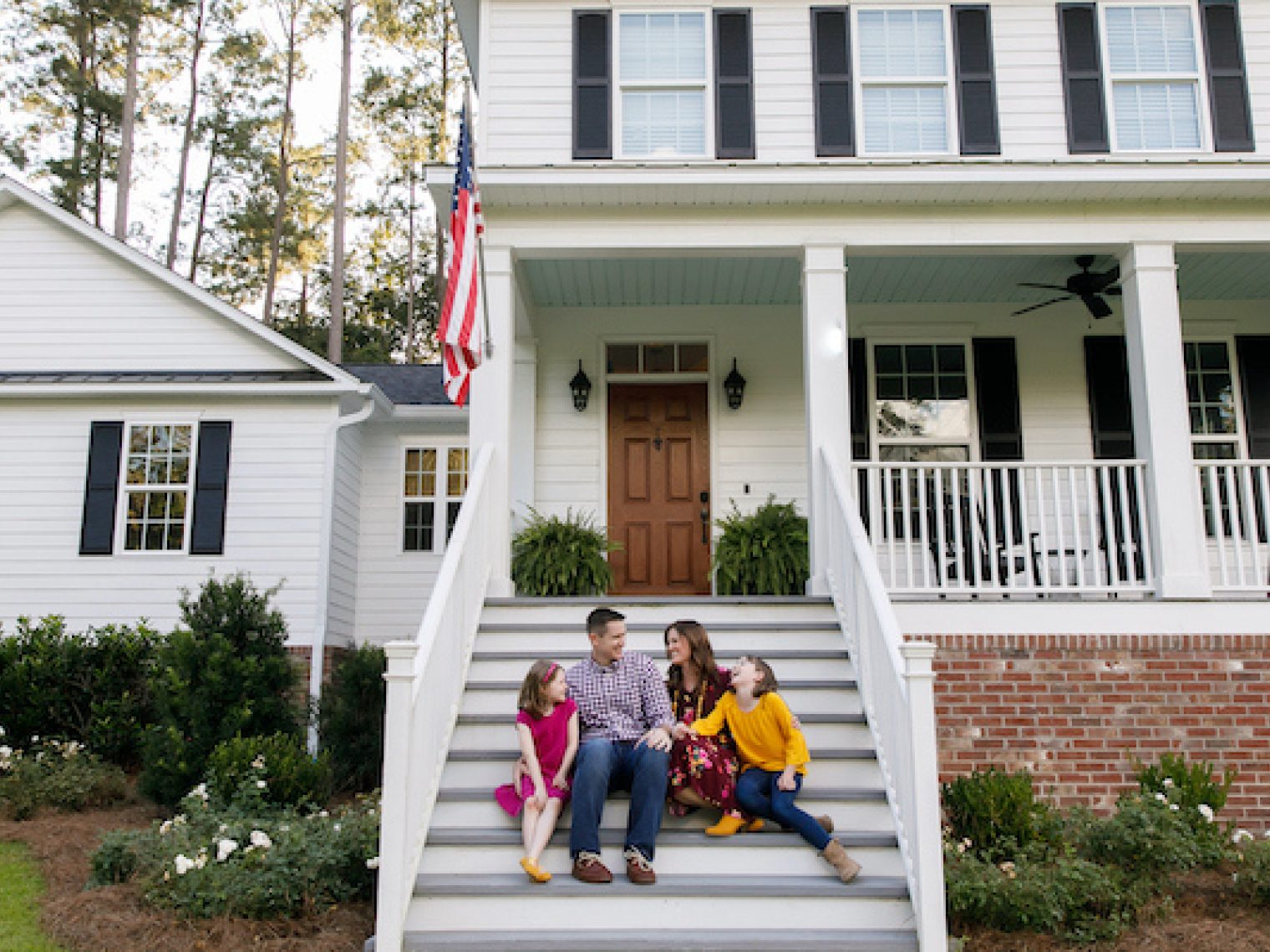They're lurking in the shadows and hiding in alleys. They're out to frighten buyers and sellers away from VA loans.
They're misinformed real estate agents.
Unfamiliar with the VA home loan program, these misguided agents just need some good information to get back on the right path. Let's clear up three common VA loan rumors delivered from agent to client.
Falsehood #1: “Buyers and sellers: The VA appraisal is horrific. Don’t bother.”
We hear this frequently, and it’s a dagger through the heart every time.
This generalization is the result of poor information. The VA appraisal does hold properties to certain standards, but those standards are by no means unreasonable or horrific:
- The home must be safe, sanitary and structurally sound
- The roof must be in good condition
- Electrical, plumbing and HVAC systems must be in good condition
- The home must be termite-free
- The home can’t have lead-based paint
Due to some of these standards, older homes and fixer-uppers can have a hard time qualifying for VA financing. But for well-informed buyers, sellers and agents, this isn’t news. Experienced real estate professionals know that the VA loan program isn’t punitive.
Rather, it’s a specialized financing instrument designed for a specific purpose: To fund the purchase of move-in ready homes.
If that’s not what you’re looking for, then don’t get angry – just get a different home loan.
Falsehood #2: “Buyers: Sellers simply don’t want to work with VA loans.”
If there was ever a self-perpetuating myth about VA loans, it’s this one.
No other misconception scares more buyers away from VA loans. Agents who are poorly informed about the program and/or hesitant to work with VA financing tell buyers to choose a different loan option, because "sellers don't want to work with VA buyers."
By and large, that statement is not true. Most sellers are more than willing to work with military buyers.
But there is one caveat here: Some sellers shouldn't work with VA buyers, because their properties simply aren't eligible for VA financing. Ineligible properties include:
- Unimproved land
- Fixer-uppers or properties in poor condition
- Co-ops
- Commercial properties
Anyone selling these types of properties shouldn’t consider VA loan offers. But no military buyer should ever be told, “Sellers won't accept VA loan offers.”
That sort of comment is not only incorrect, but it’s inappropriate, and does a disservice to those who have given so much to our nation.
Falsehood #3: "It takes FOREVER to close a VA loan."
There is some truth behind this VA loan falsehood. Let us explain.
The VA loan program has undergone major streamlining in the past 15 years. Once a bureaucratic maze of confusion, the VA home loan program is now considered a jewel in the VA's crown. Boasting extremely low delinquency and foreclosure rates, the VA loan program recently backed its 20-millionth loan, and VA loan volume continues to surge.
But that doesn't mean every lender has an easy time getting VA loans through escrow. The VA loan is a unique financing tool. And it takes lenders some time to perfect their use of this tool.
Lenders who have never worked with VA financing are poor ambassadors of the VA loan program. Unfamiliar with VA loan protocol, rookie lenders are apt to make mistakes that can delay the process or derail a loan entirely. Failure to file the correct paperwork or properly route a service member's DD-214 can certainly stretch the closing process past the point of patience.
But for those who work with an experienced VA lender and a military-friendly real estate agent, the VA loan process is quick and painless. Savvy VA lenders like Veterans United Home Loans can generally close a VA loan within 30-45 days, provided the buyer is preapproved and there are no VA appraisal surprises.
Spread the VA Loan Truth!
The VA loan program is pretty darn cool. Designed as a low-cost, user-friendly mortgage for our service members, VA loan benefits include:
- No down payment financing for qualifying buyers
- No private mortgage insurance (PMI)
- Low closing costs
- Competitive interest rates
- Flexible credit standards
And while the program is designed to be flexible, it simply can't be used to finance any shack, dive, or pile of bricks. The program seeks to protect veterans by ensuring homes are safe, sanitary and structurally sound. Without these standards, the program would undoubtedly be less successful, and less of a safeguard for military buyers.
That's the truth that needs to be shared with the real estate community. Join us in our fight: Combat a VA loan falsehood (or three) today!
Related Posts
-
 VA Loan Down Payment RequirementsVA loans have no down payment requirements as long as the Veteran has full entitlement, but only 3-in-10 Veterans know they can buy a home loan with zero down payment. Here’s what Veterans need to know about VA loan down payment requirements.
VA Loan Down Payment RequirementsVA loans have no down payment requirements as long as the Veteran has full entitlement, but only 3-in-10 Veterans know they can buy a home loan with zero down payment. Here’s what Veterans need to know about VA loan down payment requirements. -
 5 Most Common VA Loan Myths BustedVA loan myths confuse and deter many VA loan borrowers. Here we debunk 5 of the most common VA loan myths so that you can borrow with confidence.
5 Most Common VA Loan Myths BustedVA loan myths confuse and deter many VA loan borrowers. Here we debunk 5 of the most common VA loan myths so that you can borrow with confidence.
